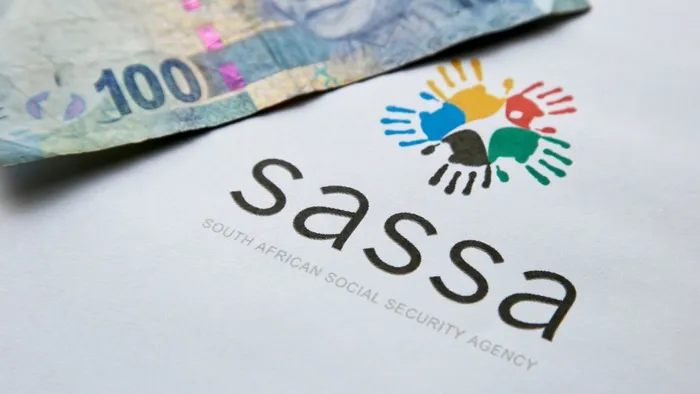
The SRD grant, introduced at the height of the Covid-19 pandemic, was previously extended until 2026.
Image: File
Finance Minister Enoch Godongwana has announced that he will again extend the Covid-19 social relief of distress (SRD) grant for another year, now extended to run until March 2027.
The minister made the announcement during the 2025 Medium Term Budget Policy Statement (MTBS) on Wednesday. The SRD grant, introduced at the height of the Covid-19 pandemic, was previously extended until 2026 during his Budget speech in May.
On Wednesday, Godongwana said: “The Covid-19 social relief of distress grant will be extended for another year, to March 2027, while proposals are finalised to link the working-age population to skills development and employment programmes.”
President Cyril Ramaphosa, in his State of the Nation Address, described the SRD as an essential mechanism for alleviating extreme poverty.
In May, Godongwana said that government is actively exploring various options to better integrate this grant with employment opportunities, which “includes considering a job-seeker allowance and other measures, as part of the review of Active Labour Market Programmes”.
Godongwana previously said that R844.4 billion has been allocated to the Department of Social Development over the medium-term expenditure framework (MTEF) period.
An estimated 45% of the country’s population depends on social grants or the SRD grant as a primary source of income, which includes approximately 13.2 million child support grant beneficiaries and 4.3 million recipients of the old age grant.
In his MTBS, Godongwana said: “Over the medium term, the function will continue to help reduce poverty, ensure the sustainability of welfare services and combat gender-based violence.
“The South African Social Security Agency (SASSA) will intensify efforts to combat fraud and corruption while protecting legitimate beneficiaries. Social protection spending, mainly on social grants, is projected to grow at 3.4% over the medium term, reflecting improved income verification, and reduced errors and fraud.
“This will strengthen the integrity, efficiency and sustainability of the social grant system. The agency is also expected to realise savings over the medium term following the expiration of the Postbank contract for grant distribution. These savings will help offset the additional costs associated with stricter income verification and beneficiary reviews,” Godongwana said.
Human rights advocacy group, Black Sash, said while the minister’s extension provides temporary relief to millions of South Africans facing unemployment, hunger, and economic hardship, they found it concerning that government continues to treat the SRD grant as a temporary measure.
“South Africa cannot continue to postpone the inevitable. After more than four years of the SRD grant, the evidence is clear: income support works. It has reduced hunger, cushioned families against deepening poverty, and stimulated local economies. Yet, uncertainty and administrative delays have left millions anxious about their future.
“It is unacceptable that in 2025, there is still no policy framework or implementation plan for a permanent Basic Income Support grant for those aged 18 to 59 with little or no income.
“The minister’s announcement should mark the last extension under uncertainty and the beginning of a defined path toward justice, dignity, and stability for all,” they said.
Black Sash said they are calling for government to develop and publish a comprehensive Basic Income Support policy framework and implementation roadmap within the 2026 budget cycle; increase the value of the SRD and all social grants above the Food Poverty Line, to ensure real protection against hunger; and ring-fence social protection investment as a non-negotiable pillar of South Africa’s economic recovery and human development.
“Social protection is not a cost. It is an investment in the nation’s people, dignity, and future. Extending the SRD grant without concrete plans for reform risks deepening inequality and betraying the social contract promised in the Constitution.”
theolin.tembo@inl.co.za
Related Topics: